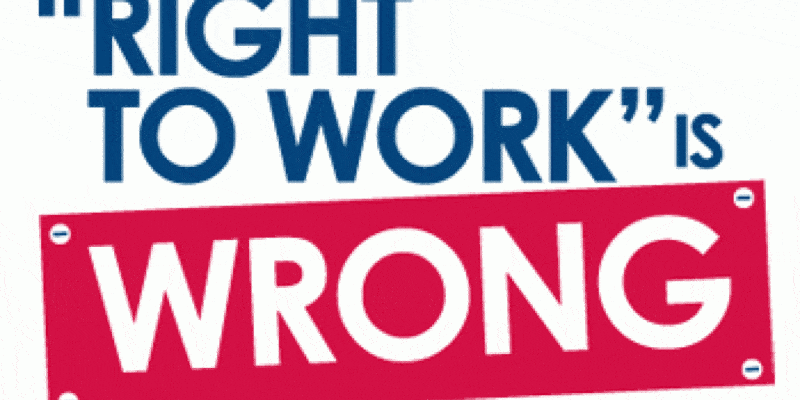NATHAN BROWN
3-13-2019
A bill to give employees a year rather than six months to file claims for partial payment of wages is headed to the governor’s desk.
The bill, which was sponsored by House Minority Leader Rep. Mat Erpelding, D-Boise, passed the Senate unanimously Tuesday. It had already passed the House, also without opposition.
Sen. Grant Burgoyne, D-Boise, who sponsored the bill in that chamber, said people often discover they were partially shorted on pay when filing their taxes. With the current statute of limitations, that means if they file a complaint with the Department of Labor they can only recover part of the year’s pay they may be owed.
“I believe this legislation corrects a problem that affects too many wage earners, and there is no known opposition to this bill,” Burgoyne said.










